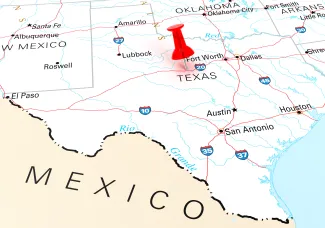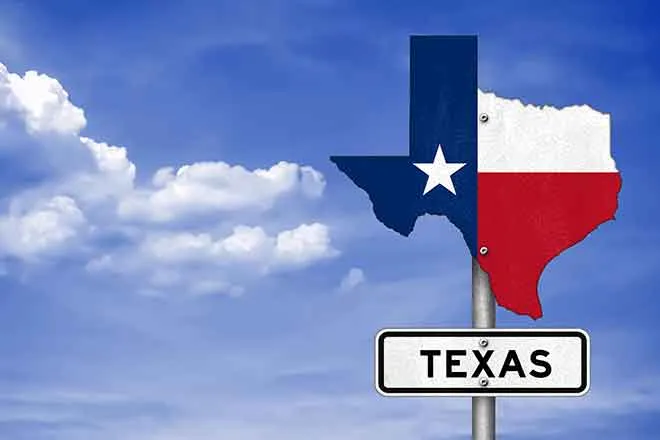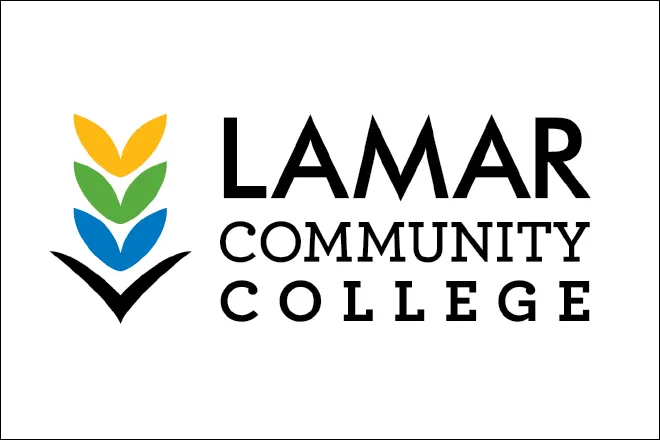
Program aims to connect rural Texas college students with universities
Click play to listen to an abbreviated version of this article.
For many rural students, the road to any college - whether it be out-of-state, in-state, or regional - may not feel like a road at all. It may feel like a winding, overgrown path filled with advisors, unfamiliar processes, and support systems that were never built with small towns in mind.
In five states across the country, a team of researchers and educators is preparing to hit the road to help build better higher education pathways for rural students. But they're not just plotting routes on a map, they're planning something deeper: how to show up in small communities with respect, listen without assumptions, and stay long enough to have a real conversation.

Andrew Koricich is the executive director of the Alliance for Research on Regional Colleges, a research and resource hub focused on highlighting the important role of regional colleges in economic and community development.
Koricich is leading this new approach to build paths to higher education by establishing the Rural Talent Lab. The lab, composed of higher education researchers and educators, will partner with state education agencies to increase student access and enrollment in regional colleges. Here, students can acquire training and skills to find good paying work and support local workforce needs, from welding to nursing to culinary arts.
Over the next four years, his team of researchers and state leaders will hop on a charter bus to visit the rural communities they will be working with. Koricich has one goal in mind for these trips: to listen.
"We've got to stop treating rural communities like pit stops," Koricich said in an interview with the Daily Yonder. "If we're going to do work with rural places - not just on them - that starts with how we show up."
He's also checking for neckties.
"When we go on these community tours, I better not see one person in a suit and tie," Koricich said. "That might feel weird, but it matters. Don't dress like a bum - that's insulting - but don't overdress either. We're just people, sitting around having a conversation."
The goals of the project are to help state education agencies form stronger, longer-lasting partnerships with rural schools and communities, Koricich said.
Once that relationship is established, the Talent Lab will work with their state partners to develop statewide plans built by data-driven research, but most importantly, built by the needs and desires of the rural communities themselves.
What makes this project different isn't just the scope of the work - it's how that work gets done. "This can't be extractive," Koricich said. "We're not coming to take. We're coming to listen, to invest, to stay for breakfast the next morning - and to come back again."
The Way You Show Up Matters
That shift in tone and posture runs through every piece of the project. Instead of arriving with a pre-baked plan, the national team is working to support what rural communities already know: what's needed, what's possible, and what will actually stick.
Each state will take its own approach, guided by local priorities. The national team will offer research and coordination, but not direction. And crucially, they're focused on building trust, not just completing a checklist.

© iStock.com/ultramarine5
That includes making sure local dollars stay local. The teams will eat at community restaurants, sleep in local hotels, and spend their time in town - not just swoop in for a meeting and head back to the city.
Ty McNamee, an assistant professor of higher education at the University of Mississippi and research fellow for the project, says that mindfulness is essential - especially in places where outside help has too often come with a side of condescension.
"Rural communities aren't broken," McNamee said in an interview with the Daily Yonder. "Rural students aren't an 'at-risk population.' That language makes it sound like something's wrong with them - and there's not. They're brilliant. They're capable. They deserve systems that believe in them."
McNamee, who grew up in rural Wyoming, knows what it means when institutions fail to meet rural students where they are. He hopes this work flips the script by not just improving opportunities, but rebuilding trust in the process and trust in higher education.
"We're not showing up to fix people," he says. "We're showing up to learn from them."
That means making space for local ideas and trusting local relationships. And, as Koricich puts it, "getting comfortable being uncomfortable."
After the Tour Bus Leaves
In many ways, the Rural Talent Lab team is built to be temporary. Their role is to help remove the barriers that have, for so long, prevented long-term partnerships between rural communities, regional colleges, and state education leaders.
The project is set to run for four years. Koricich says the goal is to leave something more lasting behind.
"We hope that by the end, the state teams have built durable relationships with the communities they've visited," he said. "They should be able to go back to those folks later and say, 'We tried 43 things, one of them didn't work - let's try again.'"
That kind of long-term relationship-building takes more than strategy. It takes trust. And that trust is built, Koricich says, not just by the content of the work - but by the method.
Lane Wendell Fischer wrote this article for The Daily Yonder.

















